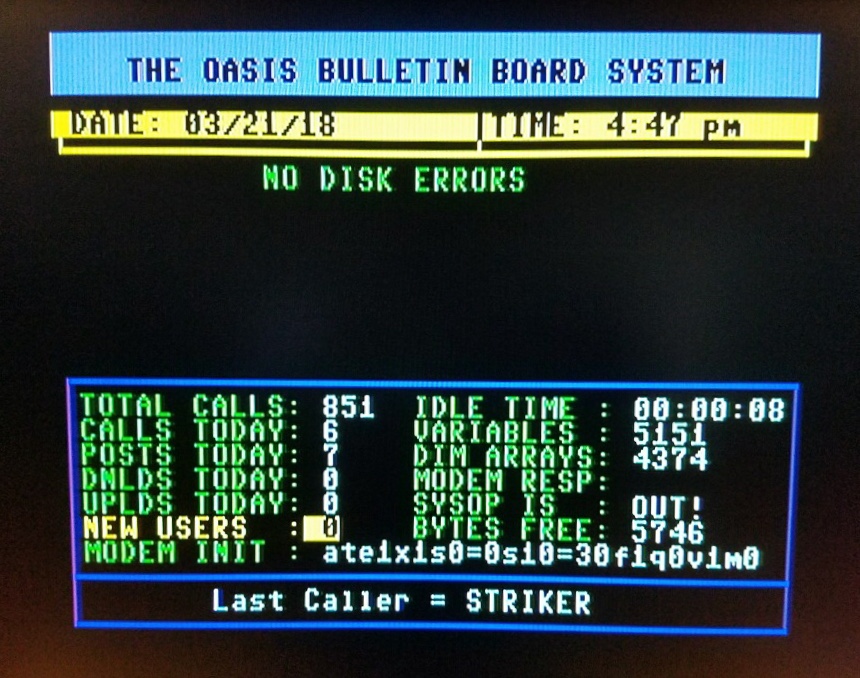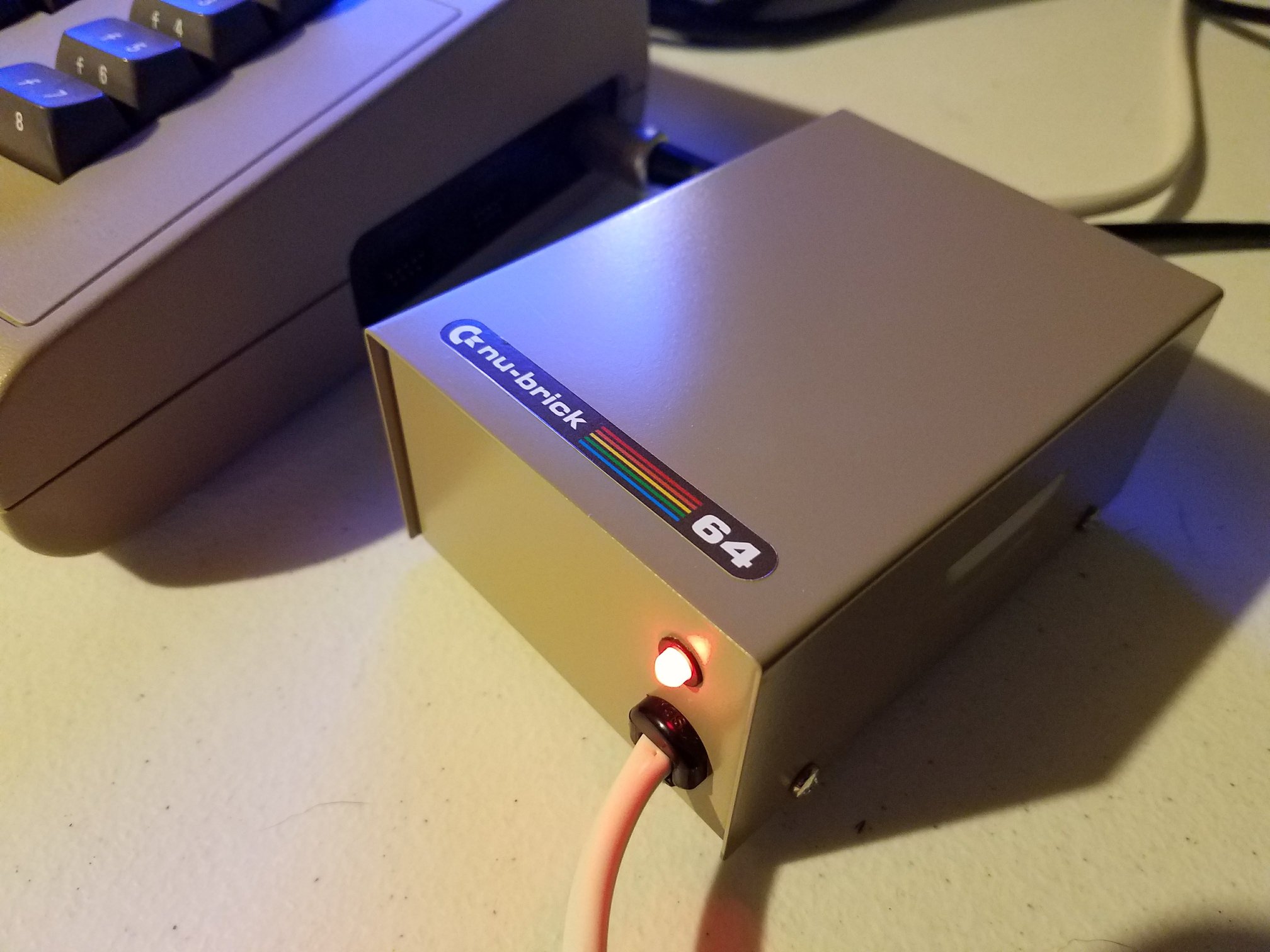The Amiga 500 vs Amiga 600 showdown highlights two classic machines that defined different stages of Commodore’s computing history. RustyIngles revisits both models, comparing their strengths, quirks, and influence on retro gaming and home computing.
Released in 1987, the Amiga 500 made waves with impressive audio and video capabilities powered by the Motorola 68000 CPU. It shipped with 512 KB of RAM, expandable to 2 MB, and offered expansions like the A570 CD-ROM drive and the A590 hard disk. These upgrades transformed the 500 into more than a games machine, making it a versatile workstation for its time.
The Amiga 600 arrived in 1992 as a more compact successor. It introduced a slimmer case, dropped the numeric keypad, and featured 1 MB of RAM as standard. Its biggest advantages included a PCMCIA slot for modern expansion and the option for an internal hard drive. With Workbench 2.05, it offered a more refined experience, though compatibility issues with older software required workarounds like the ReKick program.
RustyIngles walks viewers through the technical details of both boards, pointing out Easter eggs hidden in the design. The Amiga 500 motherboard references the B-52’s song Rock Lobster, while the Amiga 600 nods to June Bug. These playful touches highlight the personality embedded in Commodore’s engineering.
Although the Amiga 600 introduced enhancements, its higher cost and reduced expandability limited its appeal compared to the more widely adopted Amiga 500. However, modern upgrades such as the Vampire 2600 accelerator have breathed new life into the 600, making it a favorite among today’s enthusiasts for its small footprint and modern connectivity.
In the end, the Amiga 500 vs Amiga 600 showdown is less about declaring a clear winner and more about appreciating what each system brought to the table. The 500 launched a revolution in gaming and multimedia, while the 600 offered a compact and forward-looking alternative. For many retro fans, the choice comes down to personal preference and the memories each machine holds.







